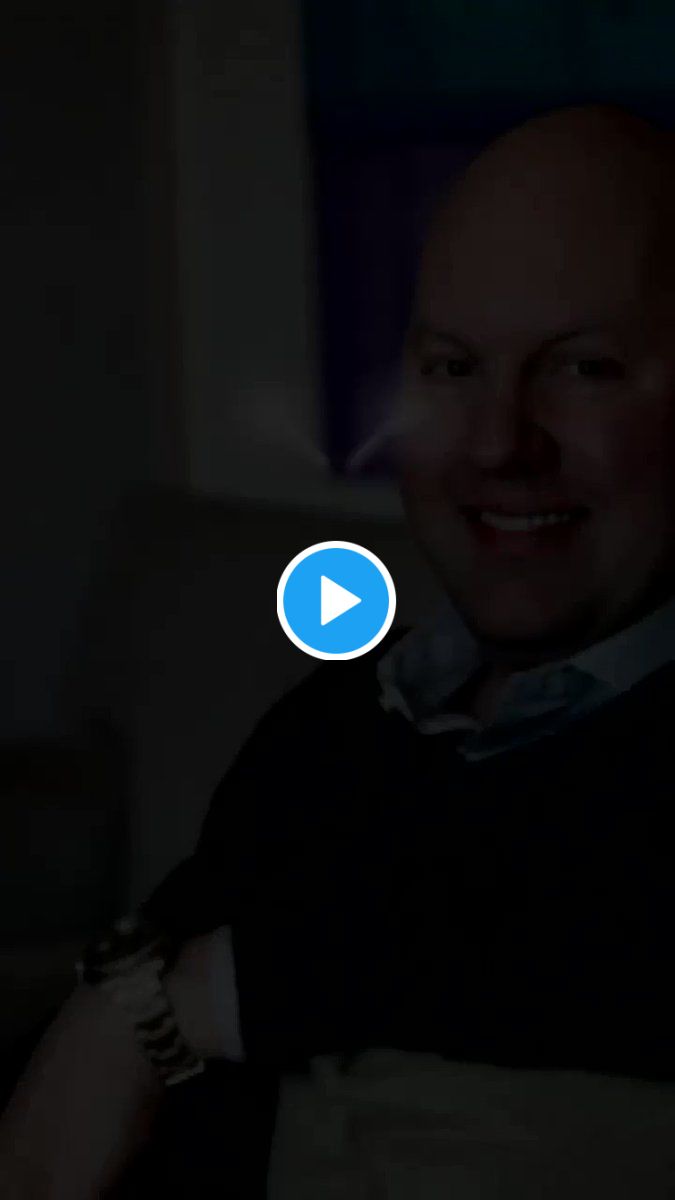⚡ New Event: Lurking ft. Joanne McNeil
A journey through the complicated history of the social web
Despite my distaste for the tech giants' unfettered pursuit of profit, I always found it difficult to take a strictly technopessimist point of view. This is almost certainly because of my age: my entire personal, social, and intellectual development has been couched in constant engagement with digital technology — to repudiate the internet would feel like repudiating my own identity.
That's why I'm excited about our featured book, Lurking: it contends with these complexities better than far most in the field.
📖 lurking by joanne mcneil
Joanne McNeil is a writer and artist interested in technology and culture. Her book, Lurking: How a Person Became a User, is a personal history of the social internet from Usenet in the 1980s to Reddit, Instagram, and Wikipedia today.
Join us next Tuesday for a Q&A on internet communities past and present.
🔊 our take: the best and worst of the web
By Jasmine Sun
Joanne McNeil doesn't know how to feel about the internet, and that’s okay. Lurking: How a Person Became a User is a history of the best and worst of the social web, from the newsgroups of the 1980s to the 21st century mega-platforms we know so well. The book reads like the information superhighway it describes: she cruises past Usenet, AOL, Friendster, MySpace, Twitter, Facebook, Instagram, Reddit, and Wikipedia to our present day. Along the way, there is talk of profiles and profits, searching and sharing, community and copyrights, permanence and peer production.
Along with this birds' eye view of tech history — which provides much-needed context for Zoomers like me — McNeil recounts her own experiences online, from being a teenage girl using pseudonyms to talk sex on message boards to getting harassed as an adult via Instagram DM. At times, she zooms out of the ground-level user experience to take a swing at the tech giants for turning people into users: commodifying our complex identities into discrete, sellable data points. While these asides occasionally feel disconnected from the book's central narrative, they mirror my own mixed feelings about creating community under Zuckerberg's calculating eye.
Like Gretchen McCulloch in her book Because Internet, McNeil successfully makes the obvious intriguing, the implicit explicit, and reframes the internet as a culture worth serious study like any other. Like Sarah Frier in No Filter (read my review here), McNeil is deft at tracing and comparing the design of a social platform to its human/user impact — such as how Friendster profiles facilitated self-obsessed curation, or how Wikipedia's page structure seeded a maintenance-oriented culture. And like any good sociologist, McNeil ends with a dream for the internet as social infrastructure: a library, a public park, a commons.
Some readers might feel disoriented by Lurking's frequent tonal shifts: some passages read nostalgically, others professorially, and yet others steeped in exasperation. But I found McNeil's ambivalence and cautious hope refreshing. Though I might be too young to remember an internet before the gold rush, that was truly private or profit-free, Lurking most closely parallels my own feelings about the web today — the source of some of my best friends and greatest fears, of constant distractions and major epiphanies — just a place full of people, searching, still.
🌀 microdoses
🗽 New Public's "Terra Incognita" project explores how NYC communities created public spaces online during the pandemic, from Zoom art classes for seniors to Strava-based running clubs.
🏙️ Last year, I wrote an essay imagining how Jane Jacobs would design a social media platform, adapting concepts like mixed-use development and "eyes on the street" to the social dynamics of Reddit.
🤝 Reboot fellow Ethan Astrachan explains why the shift toward remote work is a crossroads for tech worker organizing.
🖥️ Human-centered design still matters in technical domains like AI ethics. This proposal for AICards builds on Margaret Mitchell and Timnit Gebru's Model Cards framework to improve adoption and use in the AI community.
📚 Book club going up on a Tuesday
🥚 Warning: cursed content
💝 a closing note
Reflecting on their eight-week experience, I asked the fellows: "What was your biggest takeaway in how you think about ethical tech or tech for impact?"
Lena (Brown 2022): I do a better job balancing radical, systemic critiques with actionable avenues for change. It's important to recognize the flaws and risks of most efforts to act in a capitalist society.
Michelle (Stanford 2023): It opened a lot of ambiguity for me. I really liked what Casey Newton said — once we acknowledge that Facebook is likely not going anywhere, where do we go from there? How do we introduce nuance?
Anh (Fairleigh Dickinson 2021): The biggest takeaway was to think beyond “oh you worked for Facebook, shame on you” — the right approach should be to build worker solidarity and collectively hold tech companies accountable.
Maya (Columbia 2023): There's more people working for a better future than I previously thought, but it's still important to keep the pressure on by working within my school and community... which is harder than it sounds, but I'm now more optimistic!
In community,
Jasmine & Reboot team





